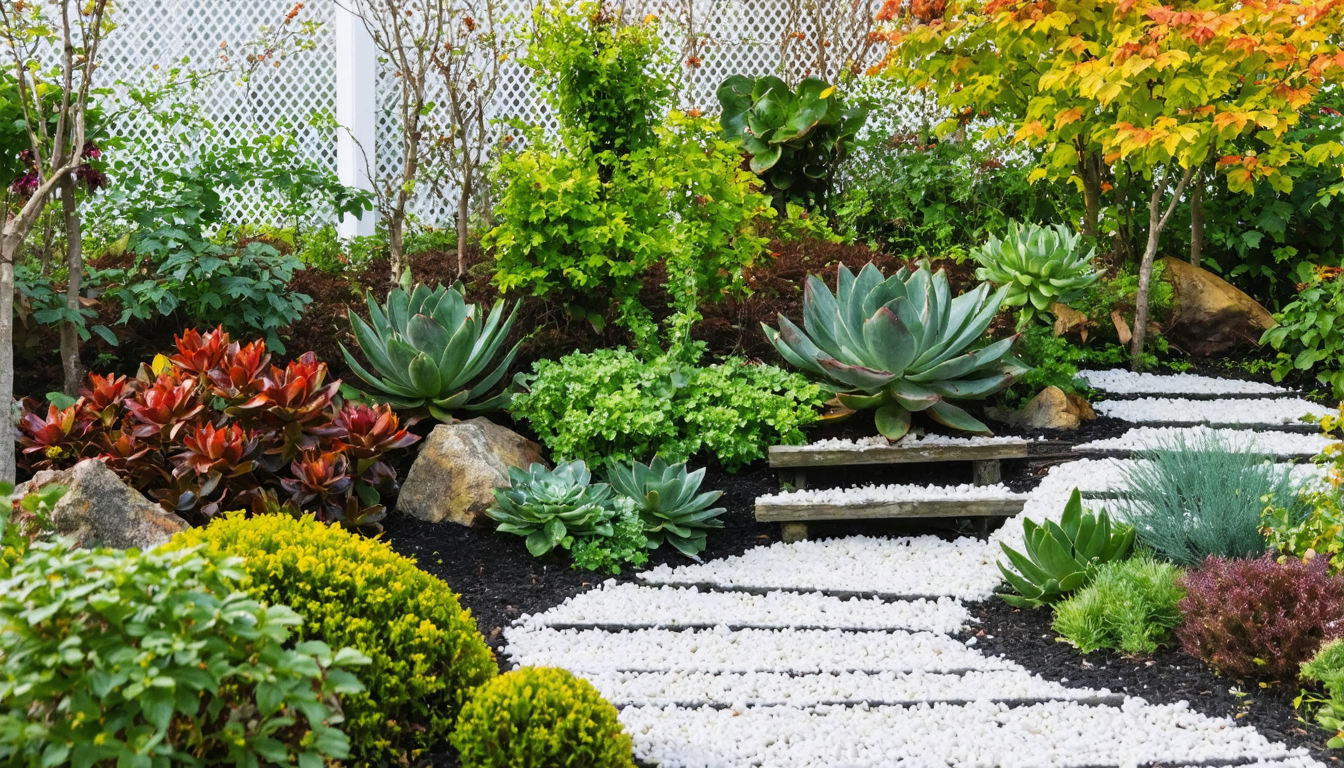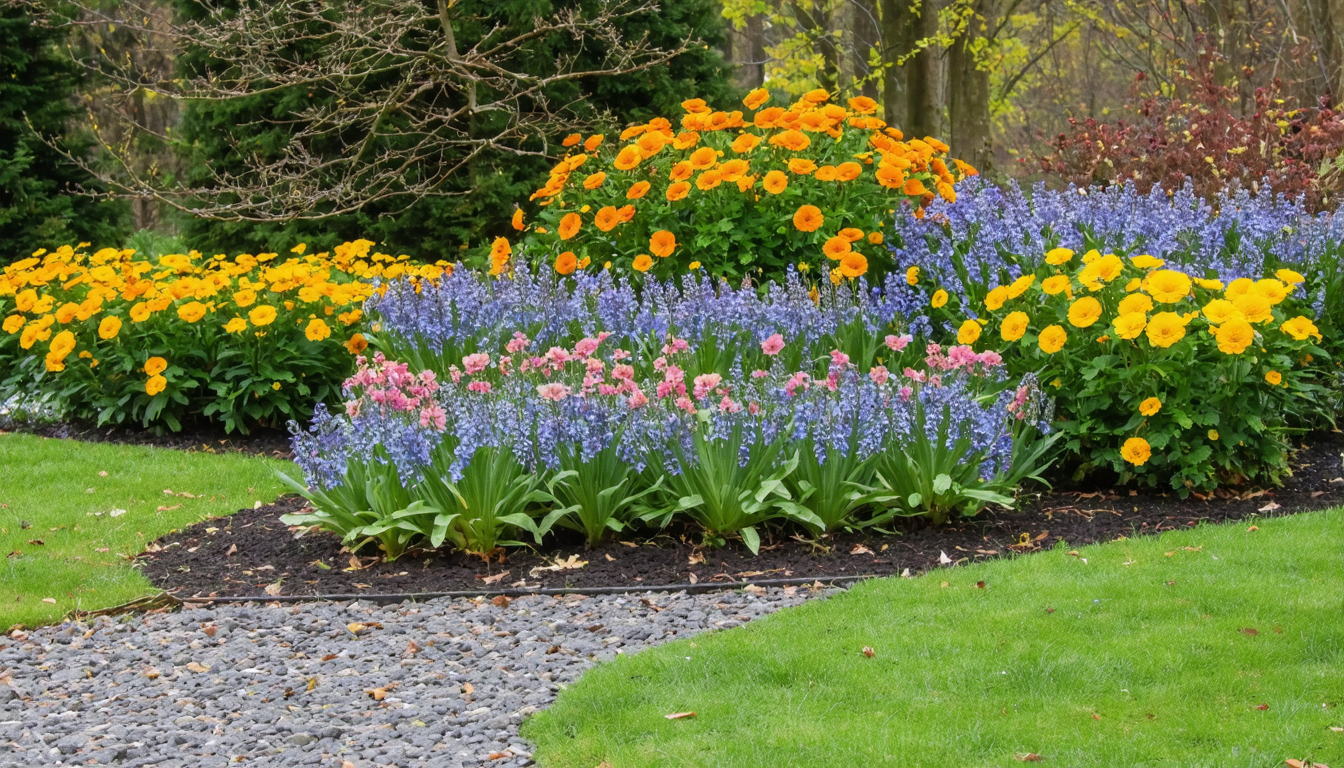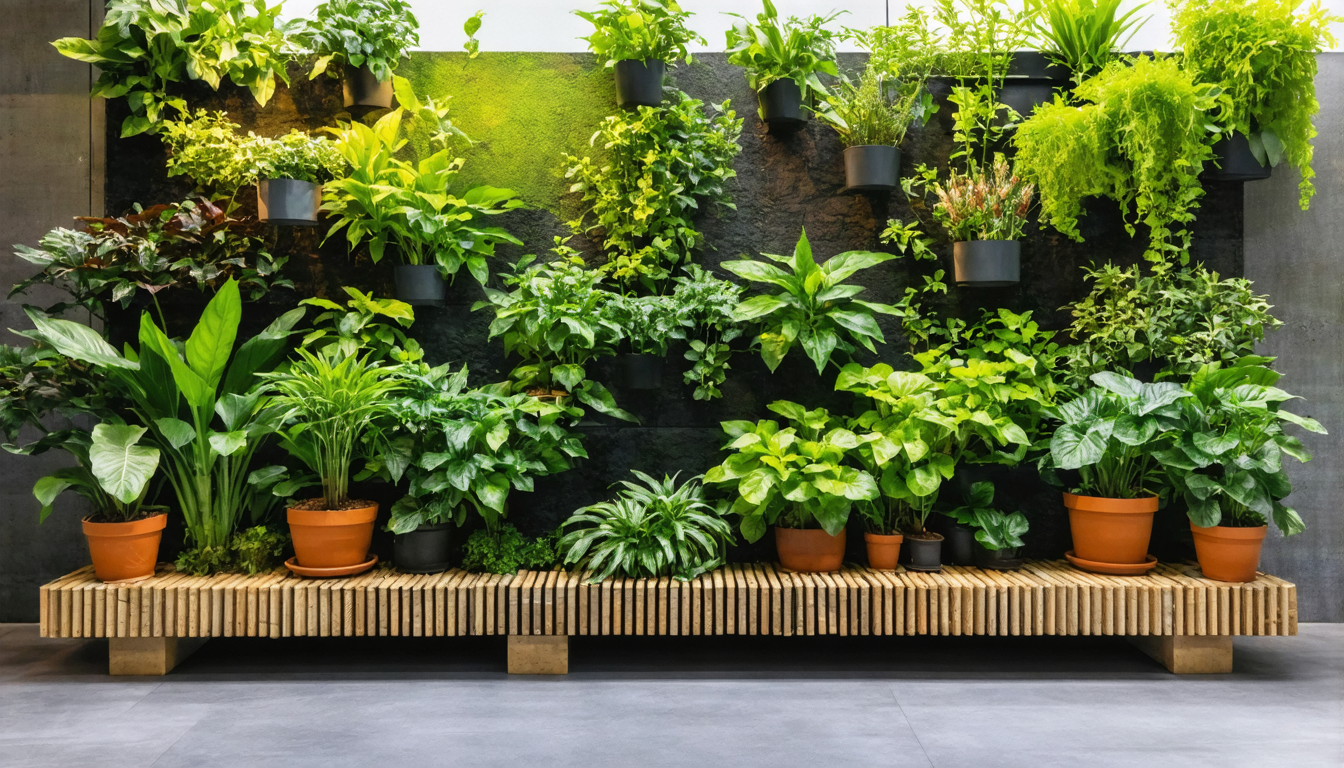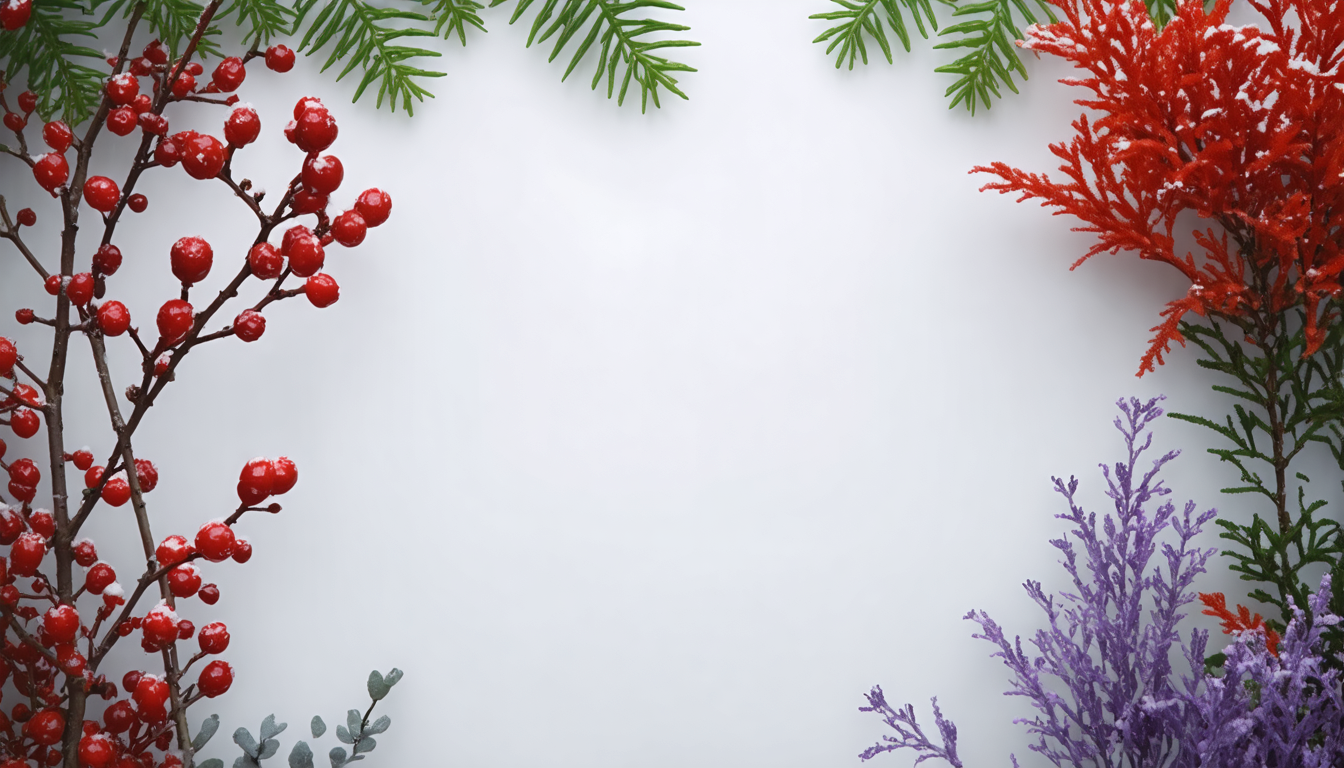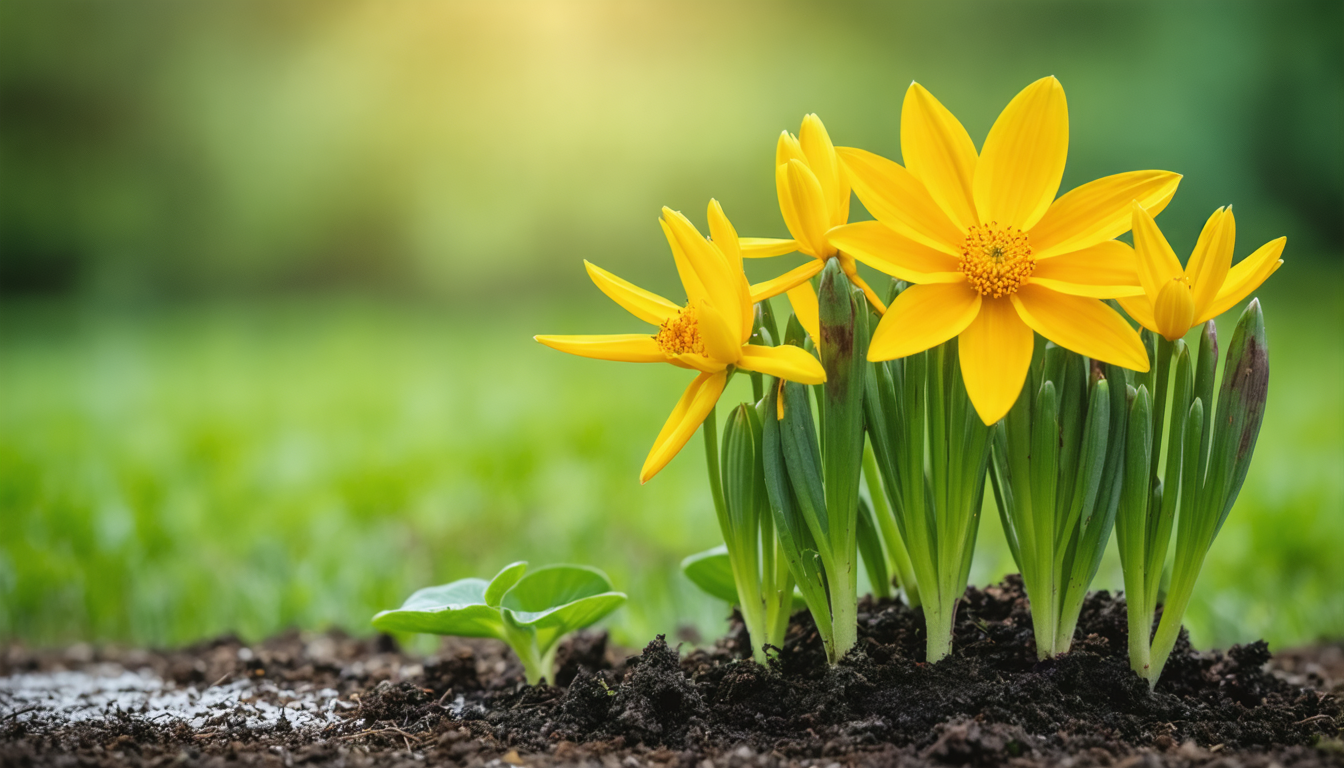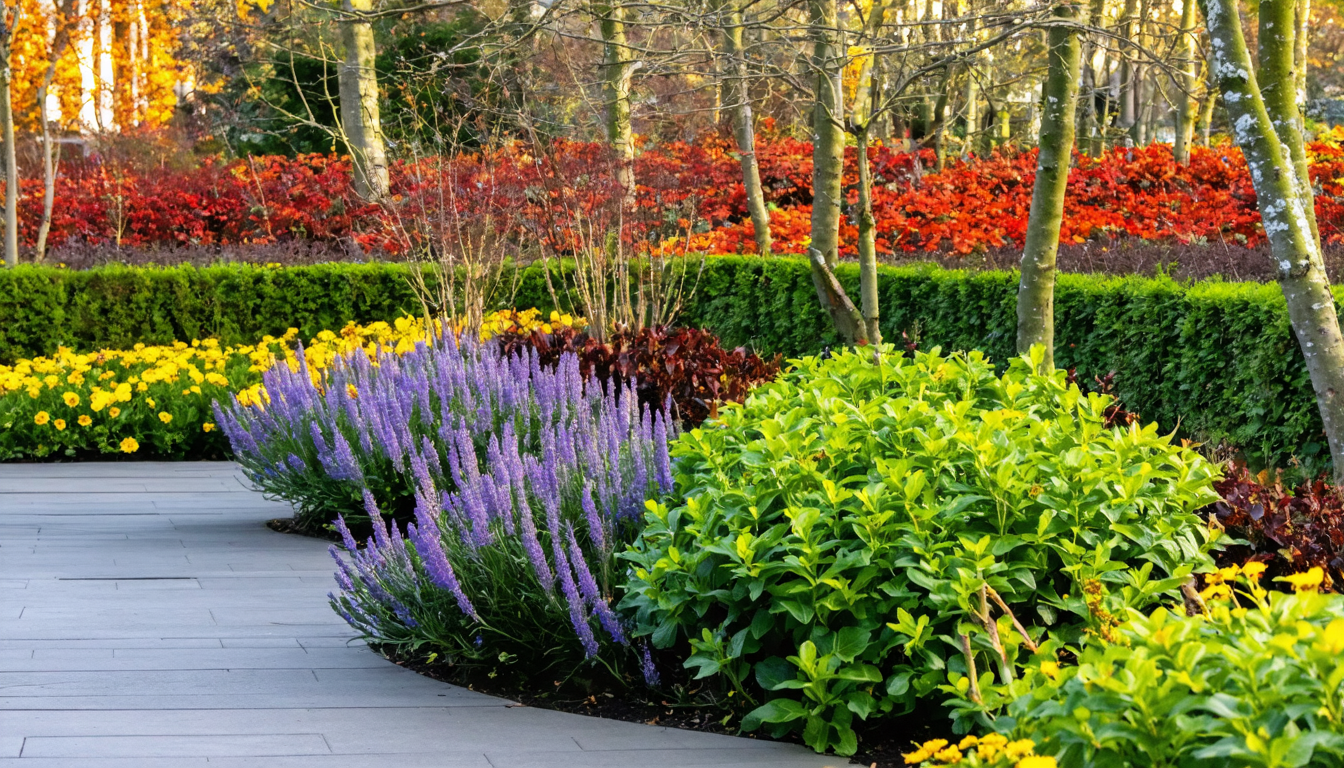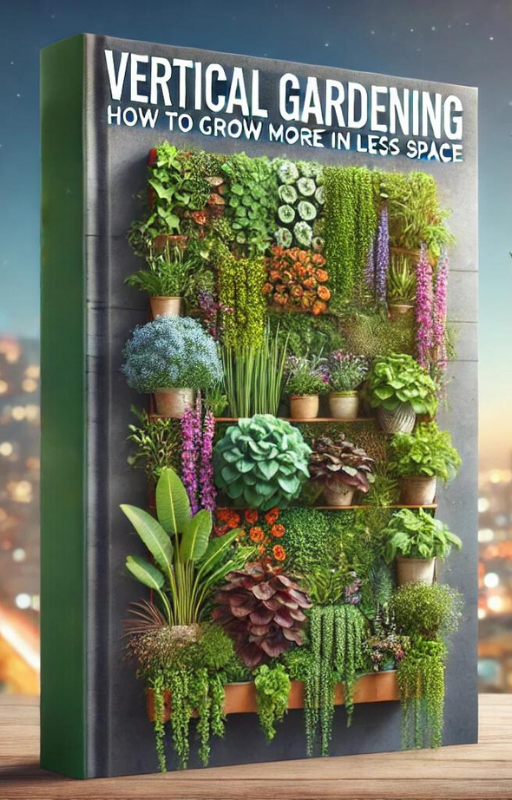
Why a Denver Herb Garden is Your Secret Weapon
For many in the Mile-High City, the dream of fresh, homegrown herbs is often dashed by the realities of our unique climate and busy lifestyles. But what if you could unlock incredible flavor and savings with barely any work? Denverites are discovering that a little local knowledge goes a long way.
The Flavor and Financial Payoff
Compare a single, expensive plastic clamshell of herbs from the store—which often wilts in days—to a living plant that provides continuous cuttings for months. The return on investment for a small initial setup is substantial, not to mention the unmatched vibrancy of flavor in your cooking.
Beat the Altitude, Not Your Head Against a Wall
Denver’s intense sun, dry air, unpredictable hailstorms, and late frosts aren’t barriers; they’re just parameters for a smarter garden. By choosing the right plants and setups, you can work with the climate, not against it.
Reader-Recommended Herbs for Foolproof Denver Gardening
Local gardeners have voted with their trowels. These are the herbs that consistently perform well with minimal fuss in our region.
The “Denver-Tough” Starter Kit
These hardy herbs can handle the elements and keep on giving.
- Rosemary: Thrives in full sun and loves our well-draining soil.
- Thyme: Incredibly drought-tolerant and a reliable perennial.
- Mint: So vigorous it’s best confined to a container to prevent a garden takeover.
- Oregano: A hardy perennial that spreads nicely and is very low-maintenance.
- Chives: They survive our winters and come back stronger each spring.
The “Windowsill Wonder” Herbs
For year-round freshness, these herbs are perfectly happy living indoors.
- Basil
- Parsley
- Cilantro
Smart Setups for Maximum Gain with Minimal Effort
Working smarter, not harder, is the Denver gardener’s mantra. Here are the setups that local readers swear by.
Container Gardening: The Ultimate Low-Commitment Solution
Containers offer total control. You can customize the soil, easily move plants to optimize sun exposure, and quickly bring them under cover when a surprise hailstorm hits. They are perfect for patios, balconies, and small spaces.
The Self-Watering Pot Hack
A unique tip from a seasoned Denver gardener: use ollas (unglazed terracotta pots buried in your container soil) or invest in commercial self-watering pots. These devices slowly seep water directly to the roots, reducing your watering frequency by up to 70%—a true game-changer for our dry climate and for anyone with a busy schedule.
Location, Location, Sun Exposure
Denver sun is powerful. The ideal spot for most herbs offers bright morning sun with some protection from the intense afternoon rays. A spot with eastern exposure is often perfect.
Overcoming Common Denver Gardening Challenges
Every gardener faces hurdles. Here’s how Denver readers solve the most frequent problems.
“I Forget to Water!”
Solution: Implement the self-watering pot hack mentioned above. Also, group plants with similar water needs together and use a moisture-retaining potting mix to create a more forgiving environment.
“The Hail Always Destroys My Plants!”
Solution: This is where container gardening shines. Keep lightweight cloths, old sheets, or even cardboard boxes handy to throw over plants when a storm is forecast. The ability to quickly move containers to a sheltered porch or under a table is a huge advantage.
“My Soil is Just Terrible/Clay.”
Solution: Bypass the problem entirely. By using containers filled with a high-quality potting mix, you never have to worry about Denver’s dense, clay-heavy native soil.
“I Don’t Have Space!”
Solution: Think vertically! A pocket herb wall planter, a few pots on a sunny windowsill, or a single large container with a few compatible herbs (like a “pizza pot” with basil, oregano, and thyme) is all you need to start.
Herbs Compared: Which is Truly the Easiest for You?
Not all herbs have the same needs. Use this quick guide to match your lifestyle with the right plants.
Low-Water vs. Thirsty Herbs
| Low-Water (Set and Forget) | Thirsty (Need More Attention) |
|---|---|
| Rosemary, Thyme, Oregano, Sage | Basil, Mint, Cilantro |
Perennial (Comes Back) vs. Annual (Replant Each Year)
| Perennial Gain | Annual Effort |
|---|---|
| Chives, Mint, Oregano, Thyme, Sage, Lavender | Basil, Cilantro |
Your Denver Herb Garden FAQs Answered
When is the absolute safest time to plant herbs outside in Denver?
Answer: The golden rule is to wait until after Mother’s Day in mid-May. However, Denver weather is fickle, so always check the 10-day forecast for a potential late frost before planting.
How often should I really be watering?
Answer: Ditch the strict schedule. The “finger test” is your best friend. Stick your finger about an inch into the soil. If it feels dry, it’s time to water. In our dry climate, even drought-tolerant plants in containers may need water more often than you’d expect.
Can I grow herbs indoors year-round?
Answer: Absolutely! The key is sufficient light. A bright, south-facing window is ideal. For the dark winter months, a simple and inexpensive LED grow light will provide all the energy your herbs need to thrive.
What’s one thing I can do to guarantee success?
Answer: Start small. The biggest mistake is over-ambition. Pick two or three herbs you genuinely love to cook with. Successfully nurturing a small, manageable garden is the true secret to achieving minimal effort, maximum gain.
